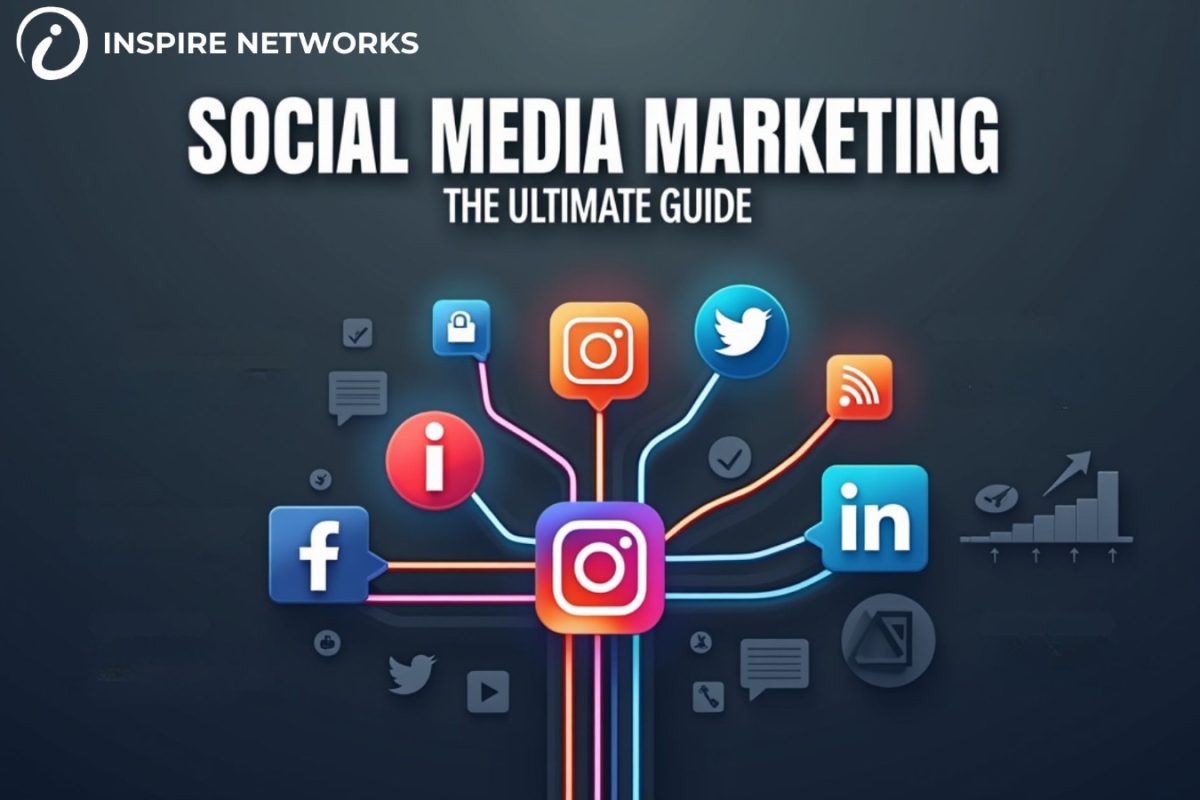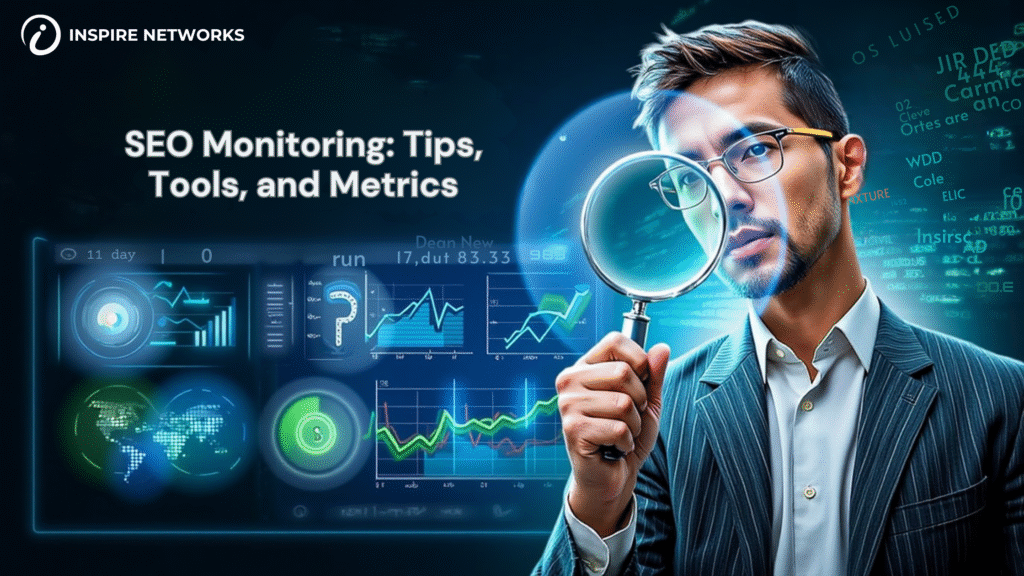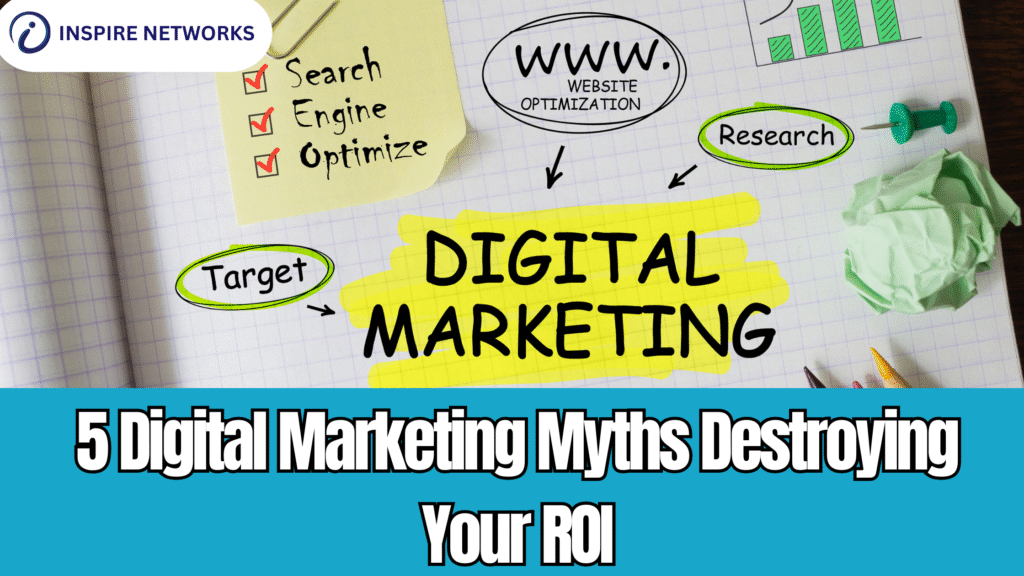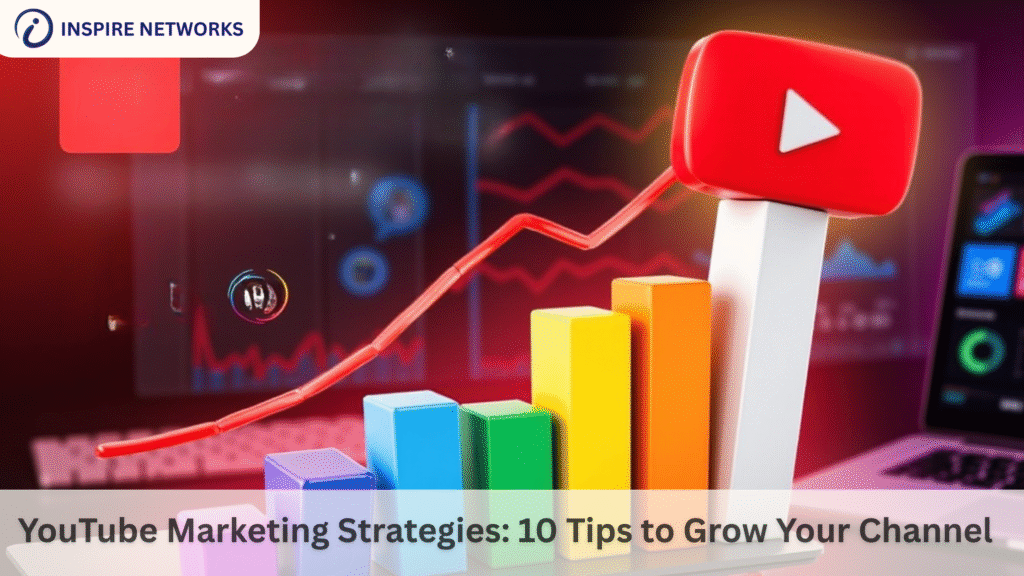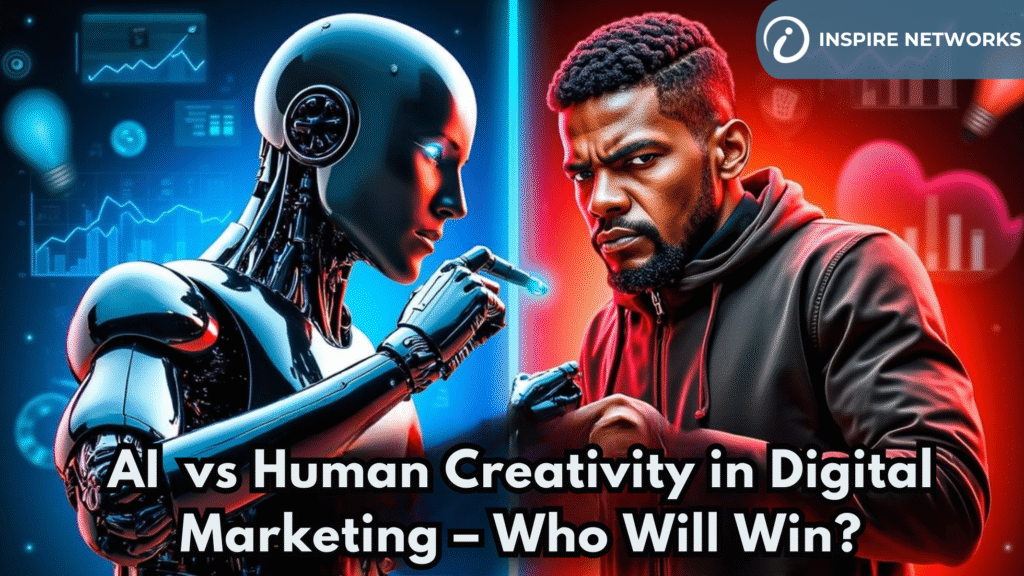Introduction
In today’s digital landscape, social media marketing has become an essential strategy for businesses to build brand awareness, engage with customers, and drive sales. With billions of active users across platforms like Facebook, Instagram, LinkedIn, and Twitter, leveraging social media effectively can give businesses a competitive edge. This ultimate guide will walk you through the fundamentals, strategies, and best practices of social media marketing to help you achieve optimal results.
What is Social Media Marketing?
Social media marketing (SMM) involves leveraging social media platforms to advertise and enhance the visibility of products or services. It involves content creation, audience engagement, paid advertising, and performance tracking. The goal is to connect with the target audience, foster brand loyalty, and increase conversions.
Why is Social Media Marketing Important?
- Wider Audience Reach – With over 4.8 billion social media users globally, businesses can reach a massive audience.
- Cost-Effective Marketing – Compared to traditional advertising, social media marketing is highly affordable.
- Enhanced Customer Engagement – Direct interaction with customers builds trust and brand loyalty.
- Improved SEO & Website Traffic – Social media activities drive traffic to your website, improving its ranking on search engines.
- Better ROI (Return on Investment) – Strategic social media campaigns often yield higher returns compared to other marketing methods.
Key Social Media Platforms & Their Role in Marketing
1. Facebook Marketing
Facebook is one of the most powerful social media platforms for both B2C and B2B businesses. With over 2.9 billion active users, it provides an extensive reach and diverse audience segments.
- Features: Facebook Ads, Groups, Live Videos, Marketplace, and Business Pages.
- Marketing Benefits: Businesses can use Facebook to build brand awareness, foster community engagement, and run highly targeted ad campaigns. Facebook Groups allow brands to create niche communities, while Live Videos enhance direct audience interaction.
2. Instagram Marketing
Instagram is a visually-driven platform that attracts younger demographics, particularly Millennials and Gen Z.
- Features: Instagram Stories, Reels, IGTV, Shopping, and Highlights.
- Marketing Benefits: Instagram excels in influencer marketing, product showcasing, and brand storytelling. The platform’s shopping feature enables direct sales, while Reels provide an opportunity for creative short-form content that boosts engagement.
3. LinkedIn Marketing
LinkedIn is a professional networking platform that primarily benefits B2B businesses looking to establish authority and generate high-quality leads.
- Features: LinkedIn Articles, Sponsored Content, LinkedIn Ads, InMail, and Company Pages.
- Marketing Benefits: Ideal for sharing thought leadership content, industry insights, and professional networking. Businesses can leverage LinkedIn Ads to target professionals based on job titles, industries, and experience levels for effective B2B lead generation.
4. Twitter Marketing
Twitter is a fast-paced platform suitable for real-time engagement, industry updates, and brand interaction.
- Features: Hashtags, Twitter Threads, Polls, Twitter Spaces, and Promoted Tweets.
- Marketing Benefits: Twitter’s trending topics and hashtags help brands increase visibility. It is a great platform for customer service, direct engagement, and reputation management. Businesses can also participate in viral conversations and capitalize on trends to boost engagement.
5. YouTube Marketing
YouTube is the leading video-based platform, allowing brands to create in-depth, informative, and engaging content.
- Features: YouTube Shorts, YouTube Live, Community Tab, and Monetization options.
- Marketing Benefits: Video marketing on YouTube enhances storytelling and audience retention. Optimizing video titles, descriptions, and tags improves SEO, while monetization features provide additional revenue streams. Brands can use tutorials, product demos, and behind-the-scenes videos to establish credibility.
Effective Social Media Marketing Strategies
1. Define Your Goals & Audience
Before launching a social media campaign, it’s essential to have clear marketing objectives.
- Common Goals: Brand awareness, lead generation, customer engagement, website traffic, and sales conversion.
- Target Audience Identification: Use demographics, interests, and online behavior analysis to reach the right audience.
2. Create High-Quality Content
Content is the backbone of social media marketing. Creating diverse, high-value content ensures sustained audience engagement.
- Types of Content: Blog posts, infographics, high-resolution images, short videos, and live streams.
- Branding Consistency: Maintain a uniform tone, color scheme, and messaging across all platforms.
- User-Generated Content (UGC): Encourage customers to share their experiences and testimonials to build trust and authenticity.
3. Leverage Paid Advertising
Paid social media advertising enhances organic efforts and provides highly targeted reach.
- Facebook & Instagram Ads: Use detailed audience targeting options to optimize conversions.
- LinkedIn Ads: Ideal for B2B businesses aiming for professional lead generation.
- YouTube Ads: Video-based promotions can increase brand visibility and audience engagement.
4. Engage & Interact with Your Audience
Building relationships with followers fosters brand loyalty and improves credibility.
- Engagement Strategies: Replying to comments, hosting live Q&A sessions, running interactive polls, and collaborating with influencers.
- Influencer Marketing: Partnering with industry-relevant influencers can extend brand reach and drive conversions.
5. Monitor & Optimize Performance
Tracking performance metrics ensures that social media strategies remain effective and result-driven.
- Analytics Tools: Use Google Analytics, Facebook Insights, Instagram Insights, and Hootsuite.
- Key Metrics: Engagement rate, click-through rate (CTR), conversion rate, reach, and follower growth.
- Strategy Adjustment: Regularly refine marketing efforts based on data insights to improve campaign efficiency and return on investment (ROI).
Social Media Content Ideas & Best Practices
- Behind-the-Scenes Posts – Showcase your company culture and work environment.
- How-To Guides & Tutorials – Educate your audience with informative content.
- Giveaways & Contests – Encourage participation and increase brand visibility.
- Customer Testimonials & Reviews – Build credibility and trust.
- Seasonal Campaigns – Align content with holidays and industry trends.
Common Social Media Marketing Mistakes to Avoid
- Inconsistent Posting – Irregular updates can reduce engagement.
- Ignoring Analytics – Data-driven decisions improve marketing success.
- Over-Promotion – Focus on adding value rather than excessive self-promotion.
- Not Engaging with Followers – Social media is a two-way communication channel.
- Failing to Adapt to Trends – Staying updated with trends keeps your strategy relevant.
Conclusion
Social media marketing is an ever-evolving field that requires a strategic approach to achieve success. By understanding your audience, creating engaging content, leveraging paid advertising, and continuously optimizing performance, you can maximize the benefits of social media marketing. Whether you’re a small business or an established brand, implementing these best practices will help you build a strong online presence and drive meaningful results.

